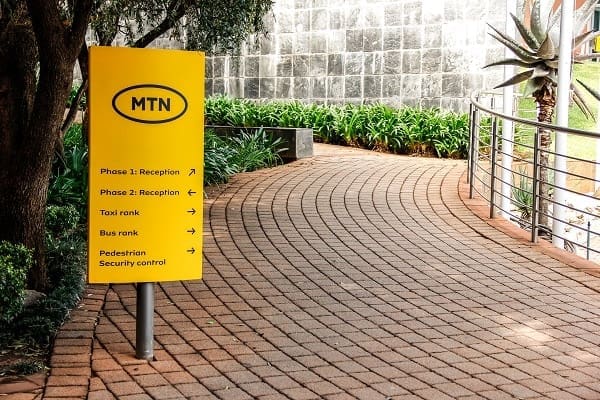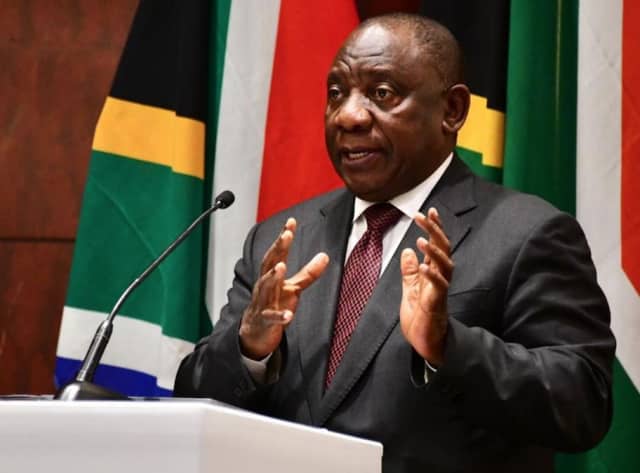As loadshedding escalates across the country, MTN South Africa is working around the clock to protect customer’s connectivity, with an aggressive rollout of batteries, generators and alternate power supplies.
MTN’s priority is keeping its customers connected and to this end, the company is exploring practical and innovative solutions to the power crisis.
Michele Gamberini, the Chief Technology and Information Officer at MTN SA says increased loadshedding is a challenge for battery recharging.
“Despite us having placed thousands of batteries at our sites across the country, the efficacy of those batteries greatly reduces once we pass stage 4 load shedding.”
Gamberini says MTN has upgraded its battery back-up solutions on over 70% of the sites already this year and is currently deploying more additional batteries.
“However, MTN is still faced with the challenge that the current outage schedule does not allow enough time for batteries to charge.
“Battery back-up systems generally take 12-18 hours to recharge, while batteries have a capacity of about 6-12 hours, depending on the site category.
“Consistent outages, therefore, have a direct impact on the performance of the batteries, while consistent theft of the batteries themselves means replacements need to be installed,” Gamberini says.
In addition to the battery rollout, MTN has also deployed over 2000 generators to counter the impact of stage four (and higher) loadshedding.
MTN says the constant pressure of stage four and five power outages, requires 24 hours monitoring.
To this end, MTN has put power contingencies in place in all provinces. These include:
- The establishment of “war rooms” per region with dedicated staff and network partners, focused on restoring major transmission infrastructure and base stations, in the face of severe loadshedding.
- The deployment of additional emergency generators and an optimisation of the existing fleet of MTN mobile generators.
- The withdrawal of field maintenance teams, to allow them to be redeployed to exclusively focus on site restorations.
- The delivery of fuel to all critical facilities, to ensure all MTN data centers remain operational. MTN does not anticipate any disruptions to any of these facilities.
To mitigate the risks, we have embarked on several emergency initiatives to ensure higher network resilience, despite the obstacles. In fact, as reported by MyBroadband this week, tests on its app that were conducted this past weekend showed MTN remaining consistent throughout load-shedding, in comparison to its competitors, that battled with network degradation. MTN’s average download speed remained within 95% of the typical values and upload speed of 90%.
There is no doubt these are challenging times for South Africans. Our focus at MTN is to keep delivering consistent and stable connectivity for all our customers in support of the growth and development of our nation.
Also read: Energy Crisis Must Be Resolved – President Ramaphosa
President Cyril Ramaphosa says resolving the energy crisis is critical to ensure that the economic and investment potential of the country is realised.
This as South Africa was plunged into Stage 6 load shedding for the second time this year, prompting the President’s urgent return to the country during an international trip.
Households have had to deal with bouts of up to four hours of load shedding at least twice a day since Sunday morning, with load shedding slightly eased to Stage 5 by Tuesday morning.
“Solving the electricity crisis is necessary if we are to realise the potential of our economy. In 2018, we launched an ambitious investment drive to raise R1.2 trillion in new investments over five years. To date, and with still a year to go, we have raised more than 90% of that amount in commitments from both domestic and foreign investors.

